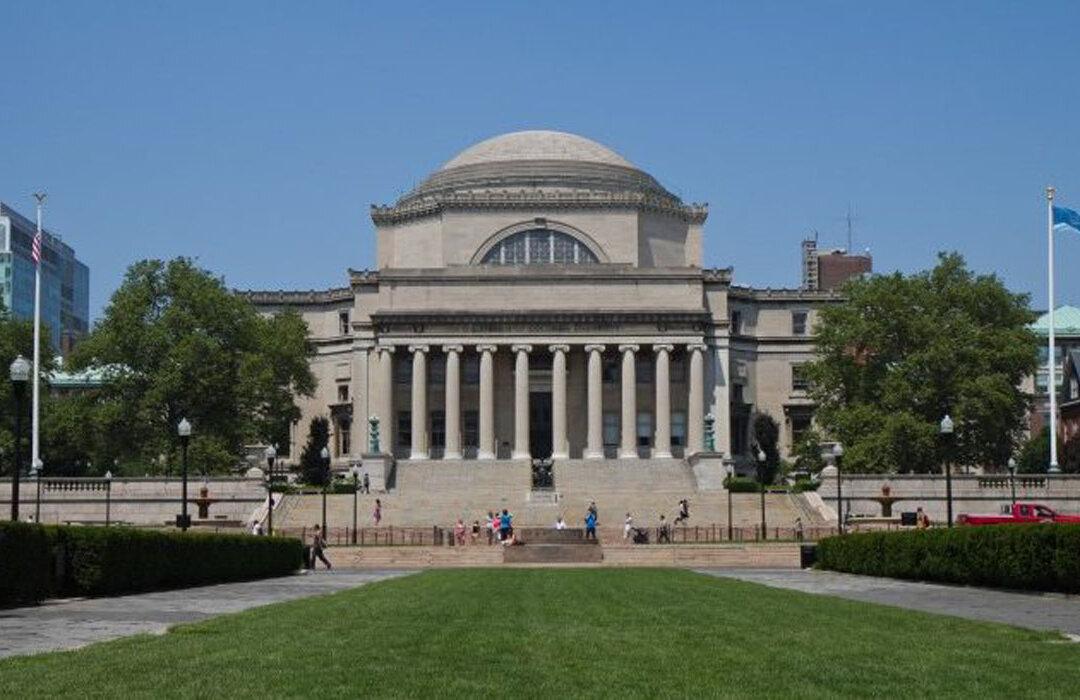Amidst the rising concern of Beijing’s ideological subversion and infiltration on American campuses, Columbia University abruptly cancelled a discussion panel on human rights violations by the Chinese communist regime a day before the event was scheduled to begin.
“Among all Chinese student groups in foreign university, only CSSA has the power to organize political activities, like a protest against a panel discussion,” Teng wrote. “And last night we heard Chinese students at Columbia did protest at the venue we were supposed to talk.”
Teng said pro-democracy Chinese students told him that CSSAs across America’s institutions will report on-campus events like this to the Chinese consulate, which will instruct pro-Beijing students to interfere.
“A Chinese student group, likely CSSA, threatened Columbia University to cancel a panel discussion on human rights in Hong Kong, Tibet, East Turkestan, Uyghurs and China. And they successfully blocked the discussion,” Teng continued. “An extreme insult to free speech in this country.”
Co-organized by Amnesty International groups at New York University and Columbia, the panel on “Panopticism with Chinese Characteristics: Human Rights Violations by the Chinese Communist Party and How They Affect the World” was to feature some of the most outspoken critics of Chinese government. Besides Teng Biao, the list of panelists also included Tiananmen Square Massacre survivor Rose Tang, Tibetan exile Dorjee Tseten, Hong Kong youth activist Roxanne Chang, and Uyghur human rights advocate Rushan Abbas.
“We’re extremely concerned that American universities, safe havens that welcome all from around the world, beacons of freedom, independence and truth, have become battle fields and fallen victim to the dictatorship that is the Chinese government,” the joint statement reads. “It is shocking that the Chinese Communist Party, which is responsible for decade-long genocide of millions of Tibetans, Uyghurs, Mongols and Chinese people, has been allowed to wield its power over American educational institutions where academic freedoms and freedom of speech are protected and promoted.”
“We’re deeply disturbed to witness this unfortunate incident at a prestigious university like Columbia University. It’s a sign of how deeply the Chinese government has infiltrated our academic institutions and exert influence.”





